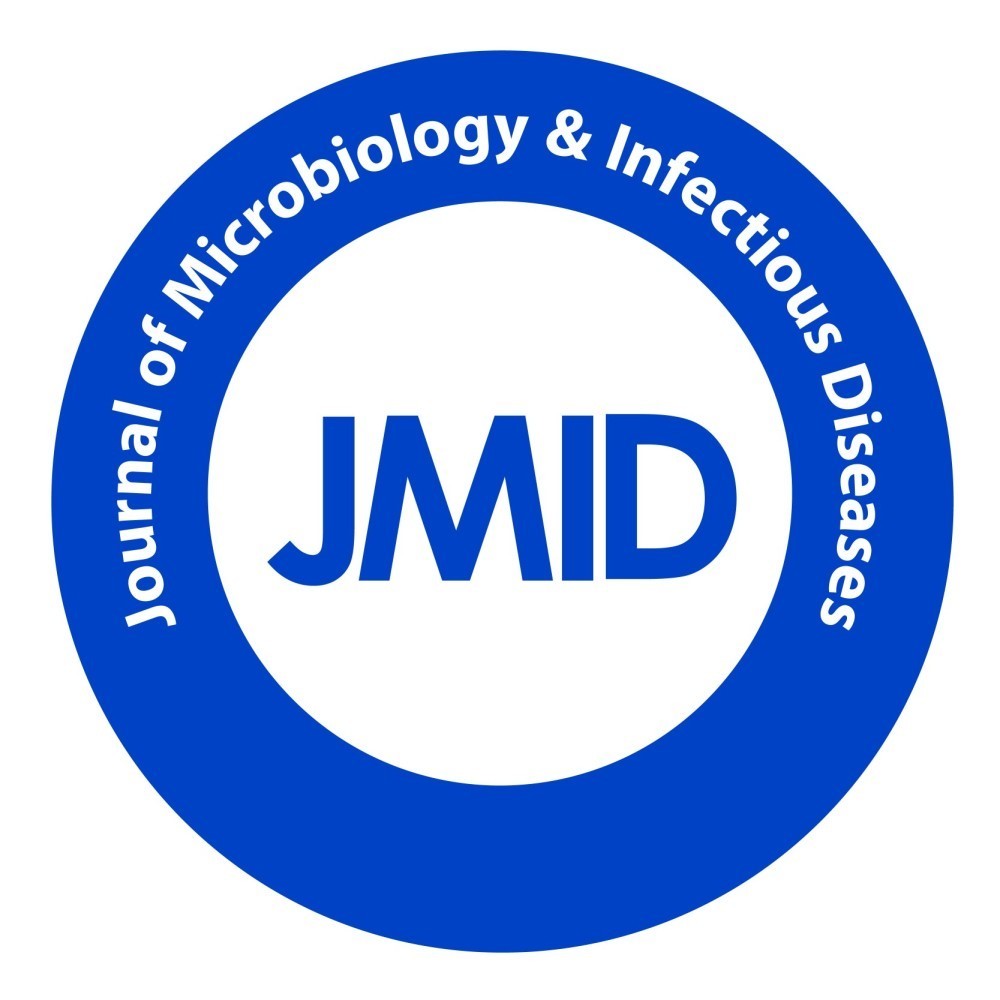
Informed
Consent Policies
The Journal of Microbiology and Infectious Diseases
(JMID) is committed to upholding the highest ethical standards in scientific
research and publication. Central to this commitment is the stringent adherence
to informed consent policies, which serve as a cornerstone in ensuring the
protection and ethical treatment of human subjects involved in research. This
comprehensive overview outlines JMID's informed consent policies, emphasizing
the importance of transparency, ethical conduct, and the welfare of research
participants.
1. Ethical Foundation
1.1. Human Subject
Protection
JMID recognizes the paramount importance of
safeguarding the rights and well-being of individuals participating in
research. Informed consent is a fundamental ethical principle that underlines
the respect for autonomy and ensures that participants are fully informed about
the nature, purpose, and potential risks of the research.
1.2. Compliance with
Ethical Guidelines
JMID strictly adheres to internationally recognized
ethical guidelines, including the Declaration of Helsinki and the International
Conference on Harmonisation (ICH) guidelines for Good Clinical Practice. These
guidelines provide a framework for the ethical conduct of research involving
human subjects, emphasizing the need for informed consent.
2. Informed Consent
Process
2.1. Clear and
Comprehensive Information
The informed consent process at JMID begins with the
provision of clear and comprehensive information to potential research
participants. This information includes details about the research objectives,
procedures, potential risks and benefits, confidentiality measures, and the
right to withdraw from the study at any point without consequences.
2.2. Language and
Comprehensibility
JMID is committed to ensuring that the informed
consent documents are written in a language that is accessible and
understandable to the target participants. In cases where participants may have
limited literacy or face language barriers, additional measures are taken to
facilitate comprehension, such as providing translations or utilizing visual
aids.
2.3. Voluntary
Participation
Informed consent at JMID is voluntary, and
participants are explicitly informed that their decision to participate or
decline will not impact their access to healthcare, employment, or any other
benefits. The voluntary nature of participation is reiterated throughout the
research process.
2.4. Consent Form
Documentation
Participants are required to provide written consent
through a consent form that is reviewed and approved by the institutional
review board (IRB) or ethics committee overseeing the study. The consent form
includes all necessary information and is signed by both the participant and
the researcher.
3. Special Considerations
3.1. Vulnerable
Populations
JMID recognizes the special considerations required
for research involving vulnerable populations, such as children, prisoners,
pregnant women, and individuals with cognitive impairments. Additional
safeguards are implemented to protect the rights and well-being of these
participants, including the involvement of legal guardians or advocates in the
consent process.
3.2. Longitudinal Studies
and Follow-Up
In cases of longitudinal studies where participant
engagement extends over an extended period, JMID ensures that the informed
consent process is ongoing. Participants are regularly informed about the
research progress, any changes in study procedures, and their right to withdraw
at any point.
4. Ethical Review and
Oversight
4.1. Institutional Review
Board (IRB) Approval
All research involving human subjects submitted to
JMID undergoes rigorous ethical review by an institutional review board or
ethics committee. IRB approval is a prerequisite for publication, ensuring that
the study meets ethical standards and that the informed consent process aligns
with guidelines.
4.2. Monitoring and
Auditing
JMID maintains a commitment to ongoing monitoring and
auditing of the informed consent process. This includes periodic reviews of
consent forms, documentation, and adherence to ethical guidelines. Any
deviations or concerns are promptly addressed to uphold the highest ethical
standards.
5. Confidentiality and
Data Security
5.1. Privacy Protection
JMID emphasizes the protection of participant privacy
and confidentiality. Informed consent documents explicitly outline the measures
in place to safeguard participant data, ensuring that individual identities are
kept confidential.
5.2. Data Security
Measures
Researchers are required to implement robust data
security measures to protect participant information. This includes secure data
storage, limited access to identifiable information, and adherence to data
protection regulations.
6. Continuous Improvement
and Community Engagement
6.1. Participant Feedback
and Communication
JMID values participant feedback and actively
encourages communication with participants throughout and after the research
process. Participants are informed about the study outcomes and provided with
avenues for addressing any concerns or questions they may have.
6.2. Community Engagement
JMID recognizes the importance of engaging with the broader community to raise awareness about the ethical principles underpinning informed consent. This includes educational initiatives, workshops, and outreach programs aimed at fostering a better understanding of research ethics.







